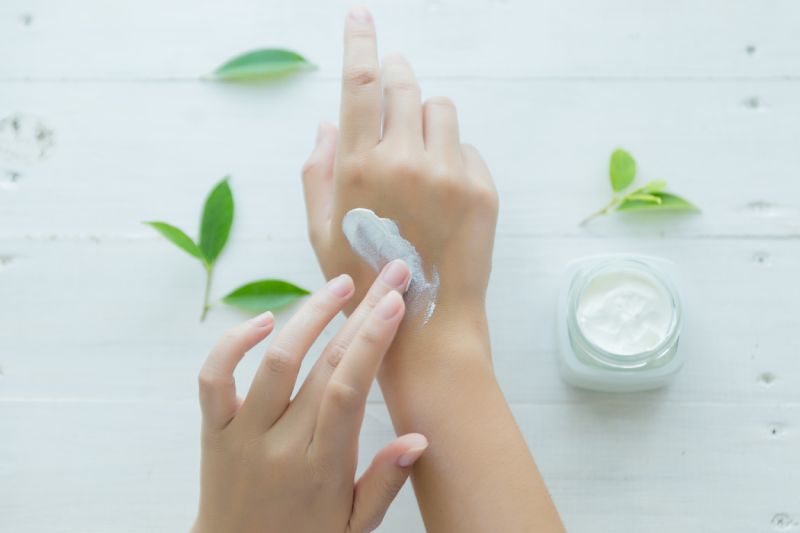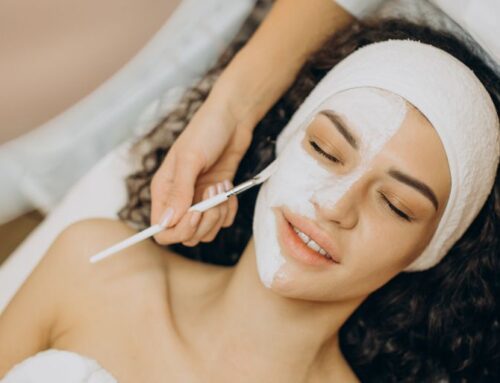Recently social media has been flooded with hashtags like skinmalism, and minimal beauty. According to the many media publications, the main reason behind this trend is, of course, the Covid-19 pandemic. But this new shift is not a radical approach for many dermatologists because skimimalism is what they have always supported.

Cleansing: Any effective skincare routine begins with cleansing. Cleansers remove the surface impurities, buildups, and pores without stripping, leaving the skin clean and refreshed. If you have sensitive skin, consider a non-foaming, alcohol-free cleanser. For blemish-prone skin, consider a gel cleanser instead. Wash your face with a creamy cleanser if your skin is dry. Cleansing preps the skin for skincare steps to follow.
Treatment: This step is the most personalized for your routine. Over time, it helps make a huge difference in the skin’s health based on your skin concerns, including acne and dark spots to dullness, fine lines, and wrinkles. Suppose your skin is acne-prone; select serum or spot treatment containing salicylic acid to diminish the appearance of blemishes. Formulas with retinol help targets texture and tone, defy aging signs and prevent clogged pores. Vitamin C serums that even tone and restore glow are great additions for dull and hyperpigmented skin types.
Hydration: Moisturizer provides skin hydration and helps strengthen the skin barrier. Well-formulated moisturizers are refreshing formulas developed to hydrate and visibly soothe the skin. These formulas often include hyaluronic acid that holds up to 1,000 times its own weight in water, Panthenol (Vitamin B5), Glycerin, Plant Oil, and Butter to replenish moisture and prevent water loss.
SPF Protection: Slathering sunscreen is non-negotiable. Be sure to apply SPF 30 or higher 15 minutes before you go outside to protect the skin from harsh UV rays. And toss it in your bag in case you need to reapply it after excessive sweating or swimming.

The “less is better” approach works for most skin types and general concerns. However, dermatologists advise speaking to a professional and having a plan for those who need to address more specific skin problems.






